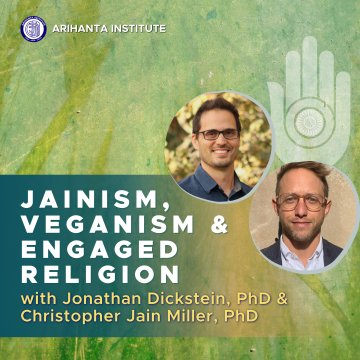14-DAY FREE TRIAL
Subscribe to Arihanta Institute’s Course Membership for unlimited access to our growing library of live and self-paced courses.


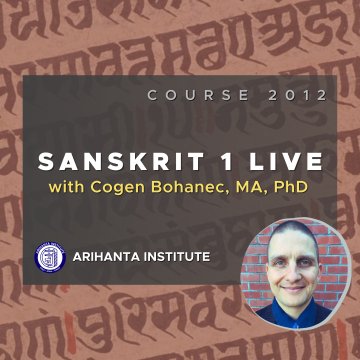
 Coming Fall 2025
Coming Fall 2025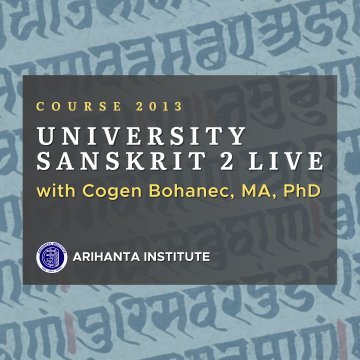
 16-week Live Course: January 27 - May 16, 2025
16-week Live Course: January 27 - May 16, 2025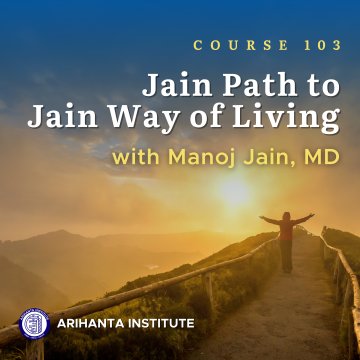
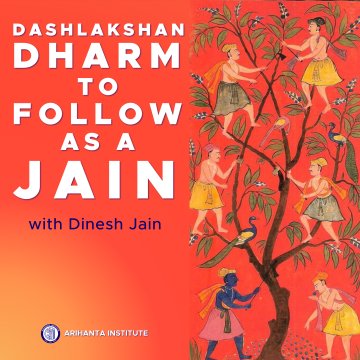


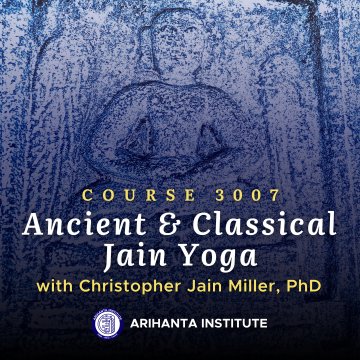

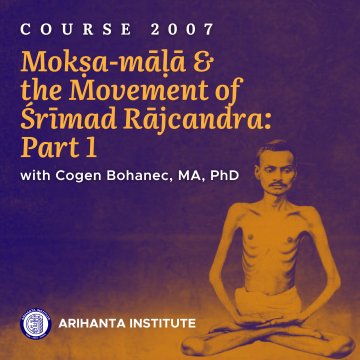
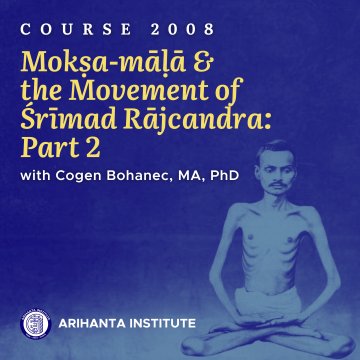
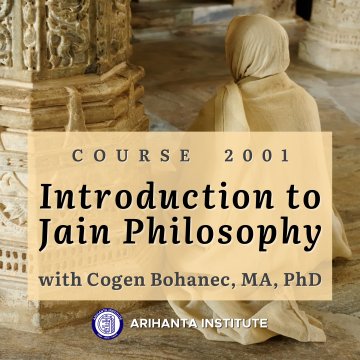
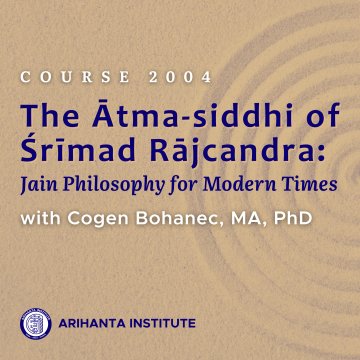
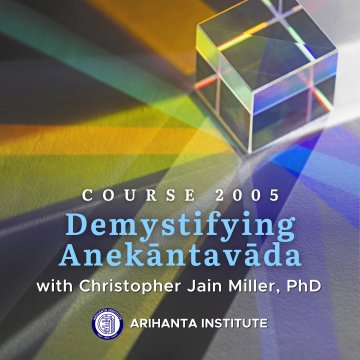
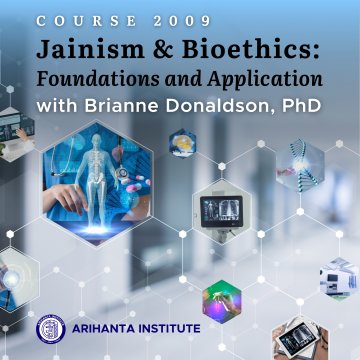
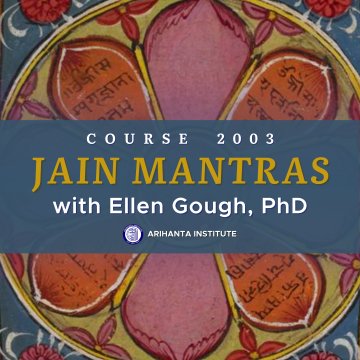

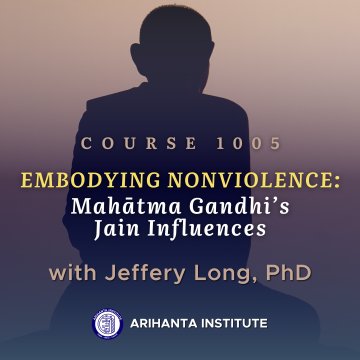
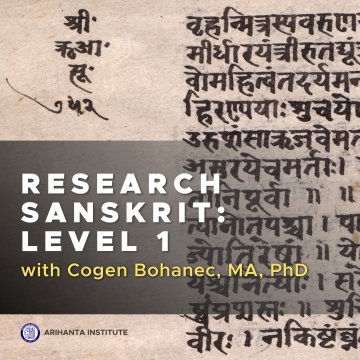
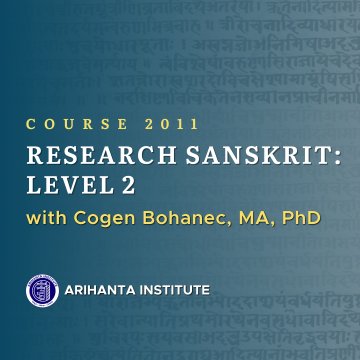
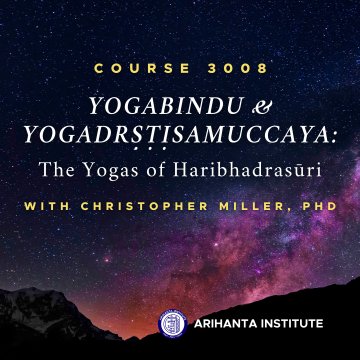

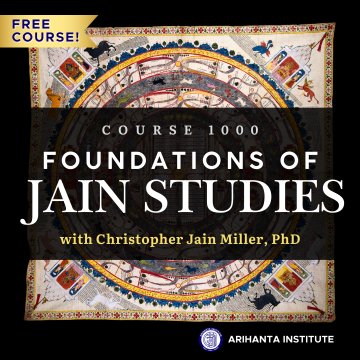


 Fall 2025 (September 2 – December 8, 2025)
Fall 2025 (September 2 – December 8, 2025)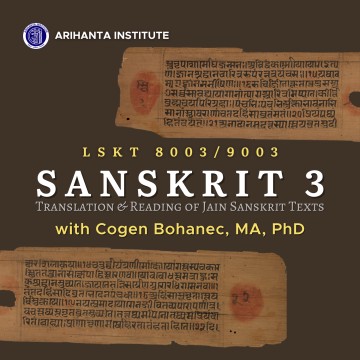
 Fall 2025 (September 2 – December 8, 2025)
Fall 2025 (September 2 – December 8, 2025)
 Fall 2025 (September 2 – December 8, 2025)
Fall 2025 (September 2 – December 8, 2025)

 Spring 2026 (January 26 – May 4, 2026)
Spring 2026 (January 26 – May 4, 2026)
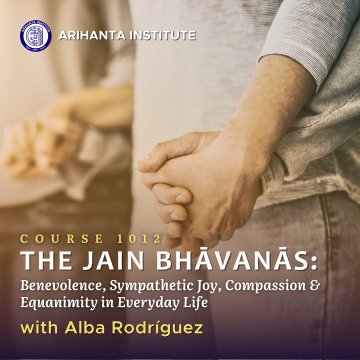

 Spring 2026 (January 26 – May 4, 2026)
Spring 2026 (January 26 – May 4, 2026)
